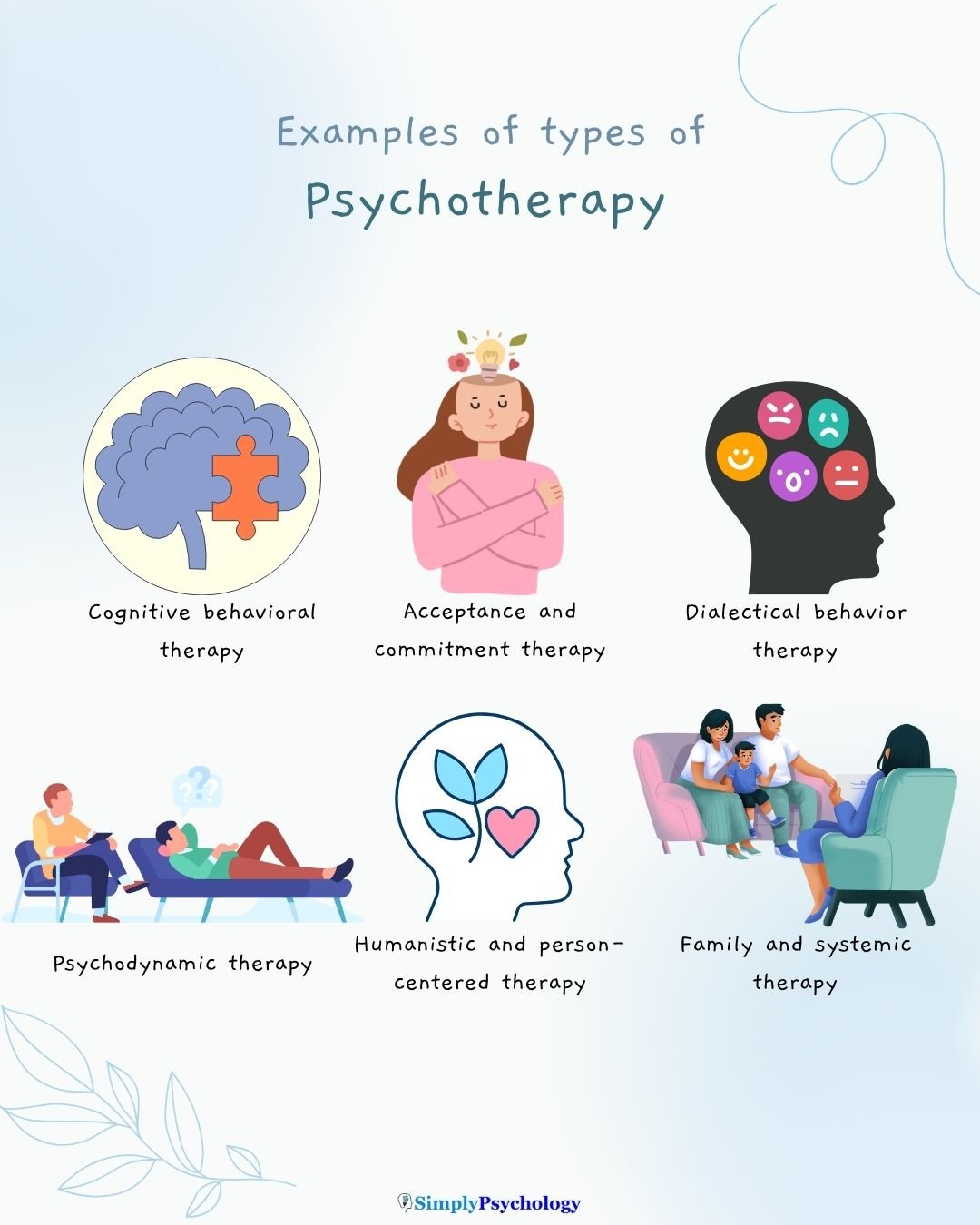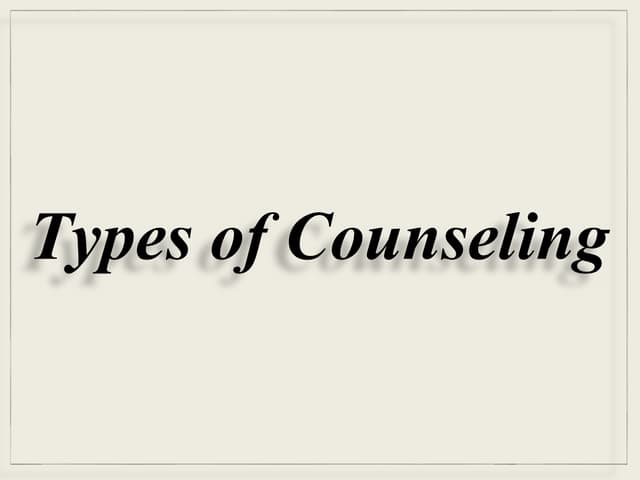Affordable low cost therapy services: A Complete Guide
A Comprehensive Guide to the Various Sorts Of Therapy and Their Effect
Therapy encompasses a range of therapeutic techniques, each developed to meet special mental health and wellness requirements. From the organized techniques of Cognitive-Behavioral Therapy to the compassionate nature of Person-Centered Treatment, these techniques provide unique pathways to personal development. Family treatment and Dialectical Habits Treatment offer added structures for healing, while team counseling cultivates community support. Understanding these diverse approaches can illuminate their extensive influence on individual health. What stays to be explored are the details of each technique.

Recognizing Cognitive-Behavioral Therapy (CBT)
Although numerous healing strategies exist, Cognitive-Behavioral Therapy (CBT) sticks out as a result of its organized, goal-oriented nature. This type of treatment is based on the premise that thoughts, feelings, and behaviors are interconnected, and by transforming adverse idea patterns, people can modify their psychological feedbacks and actions. CBT utilizes different methods, such as cognitive restructuring, which helps clients recognize and test altered ideas. Behavior activation motivates involvement in pleasant activities to fight clinical depression.
Commonly, CBT is a temporary therapy, frequently enduring between 12 to 20 sessions, making it easily accessible for those looking for fast results. Its efficiency has been well-documented in dealing with anxiety problems, anxiety, and various other mental wellness concerns. The therapist's role is to guide clients with exercises and research tasks, cultivating self-awareness and advertising long-term coping techniques. This sensible technique equips people to take control of their mental wellness, ultimately resulting in improved life satisfaction.
Discovering Person-Centered Therapy
Person-Centered Treatment, created by Carl Rogers, supplies a contrasting strategy to Cognitive-Behavioral Therapy by stressing the client's subjective experience. This healing design prioritizes the person's perspective, cultivating a setting of empathy, unconditional positive respect, and credibility. By enabling clients to discover their feelings and thoughts without judgment, therapists assist in personal growth and self-discovery.
The core tenet of Person-Centered Therapy is the idea that people possess the integral ability for self-healing and personal advancement. In this setup, the specialist acts as a helpful overview instead of an instruction authority, motivating customers to organize their own journey. This strategy is especially effective for those grappling with issues such as low self-worth, anxiousness, or depression, as it equips them to face and recognize their emotions. Inevitably, Person-Centered Treatment grows a strong restorative alliance, promoting trust and openness crucial for meaningful change.
The Role of Household Therapy in Healing
Household therapy offers as a vital part in the healing process for individuals and their connections. This healing strategy focuses on enhancing interaction, resolving conflicts, and fostering much deeper links amongst relative. By dealing with useless dynamics, household treatment urges each member to share their ideas and feelings in a safe environment, promoting understanding and empathy.

The influence of family treatment expands beyond the sessions, as improved connections can bring about enhanced psychological wellness for all entailed. In general, family members treatment plays an important duty in healing by promoting unity, strength, and mutual support amongst member of the family, eventually assisting them towards a healthier, a lot more meeting life together.
Unpacking Dialectical Behavior Modification (DBT)
Structure on the structure of therapeutic approaches that improve emotional wellness, Dialectical Behavior modification (DBT) uses a structured structure for people fighting with intense feelings and behavior obstacles. Established by Marsha Linehan, DBT incorporates cognitive-behavioral methods with mindfulness methods, intending to aid customers manage frustrating feelings and boost social efficiency.
The treatment is particularly useful for those diagnosed with Borderline Individuality Problem yet is additionally applicable to a variety of other mental health issues. adhd counselling. DBT includes specific treatment sessions and abilities training teams, concentrating on four key ability: mindfulness, distress tolerance, feeling regulation, and social effectiveness
The Advantages of Group Therapy Procedure
While specific therapy gives important understandings, group counseling sessions use one-of-a-kind advantages that can greatly enhance the therapeutic experience. One crucial benefit is the feeling of community that emerges among individuals. Individuals often discover convenience in sharing their experiences with others dealing with comparable difficulties, cultivating a supportive setting that reduces feelings of isolation.
Group sessions urge varied point of views, allowing participants to learn from each other's coping strategies and insights. This collective knowledge can cause enhanced analytic capacities and a broader understanding of personal problems.
Furthermore, team counseling frequently advertises accountability, as participants inspire one an additional to seek their objectives and follow their commitments. The cost-effectiveness of team treatment makes it an available option for lots of people seeking assistance. Generally, the joint nature of team therapy sessions can significantly improve the healing trip.
Regularly Asked Inquiries
What Qualifications Do Therapists Required to Practice Therapy?
Therapists generally call for a pertinent level in psychology or therapy, in addition to monitored professional experience. In addition, they here have to obtain suitable licensure or qualification to practice legitimately, ensuring adherence to professional standards and ethical guidelines.
Just how Do I Select the Right Type of Treatment for Me?
Selecting the best type of treatment involves assessing individual requirements, exploring different approaches, considering therapist specializeds, and looking for referrals. Understanding private goals and preferences can substantially boost the performance and satisfaction of the therapeutic experience.

Are Online Counseling Procedure as Effective as In-Person Ones?
The efficiency of on-line counseling sessions compared to in-person ones often depends on private preferences and scenarios. Research study indicates that both approaches can yield favorable results, though some may find higher comfort in face-to-face communications.
How Long Does Counseling Typically Last?

What Should I Expect During My Very First Therapy Session?
Throughout the first counseling session, clients can expect an intro, conversation of their problems, establishment of goals, and a summary of the therapy procedure - adhd counselling. This first conference intends to construct rapport and guarantee comfort